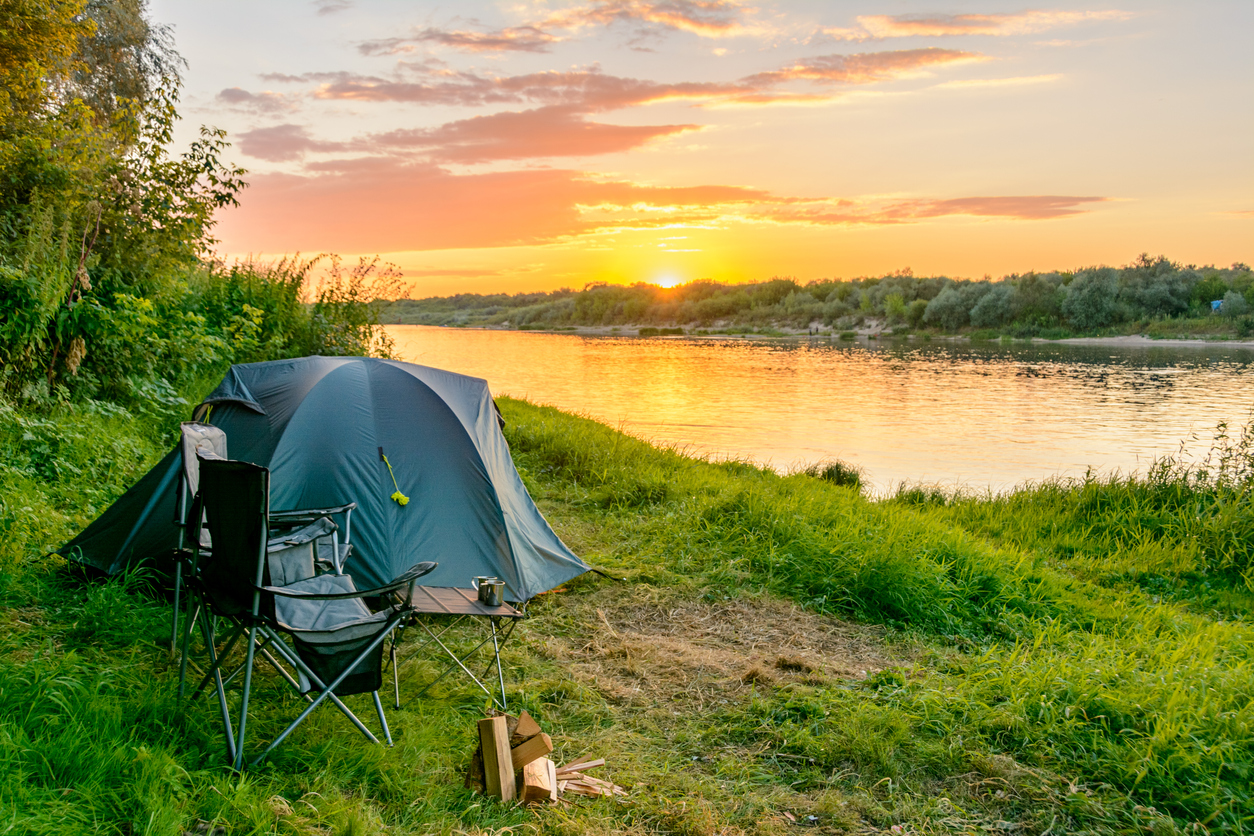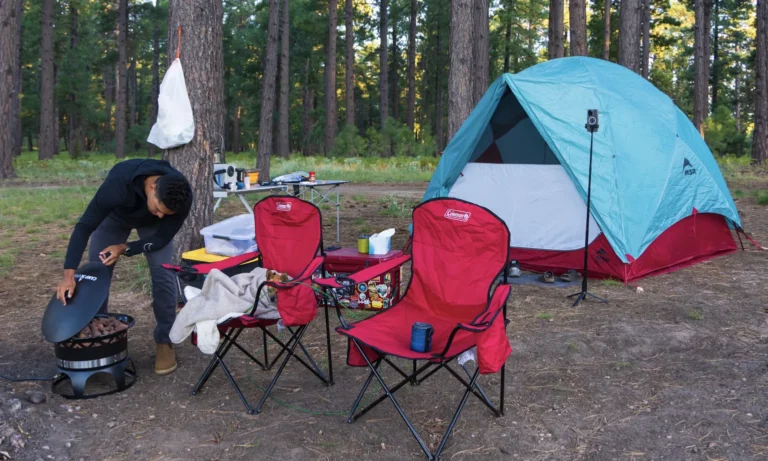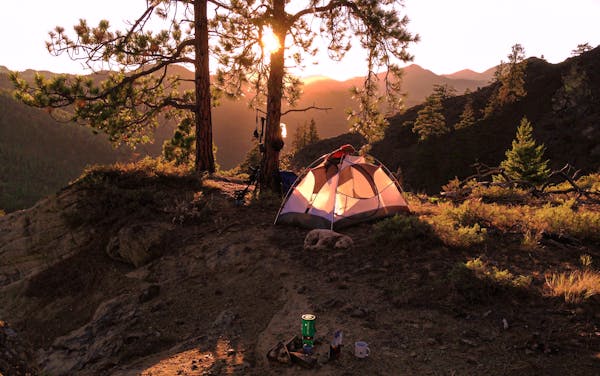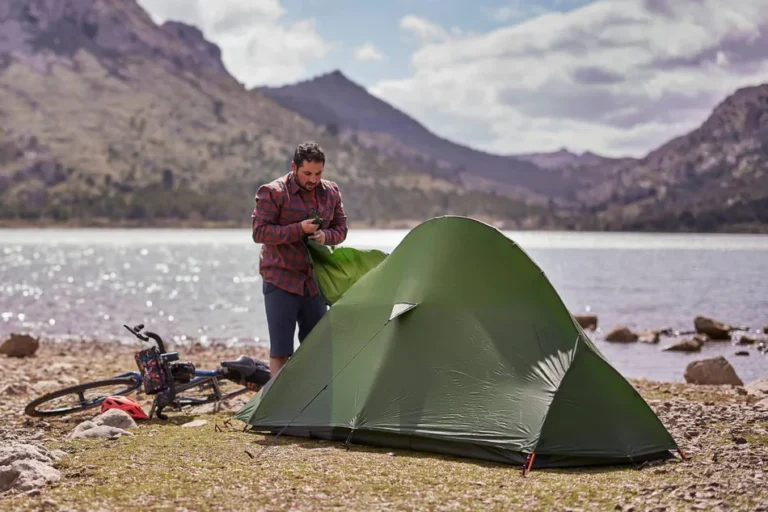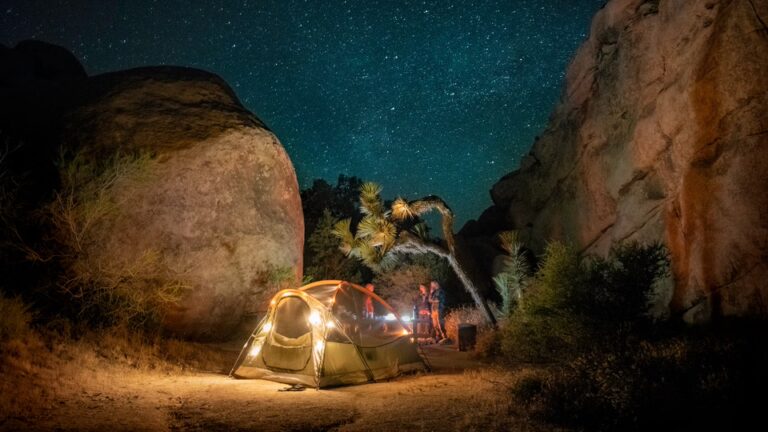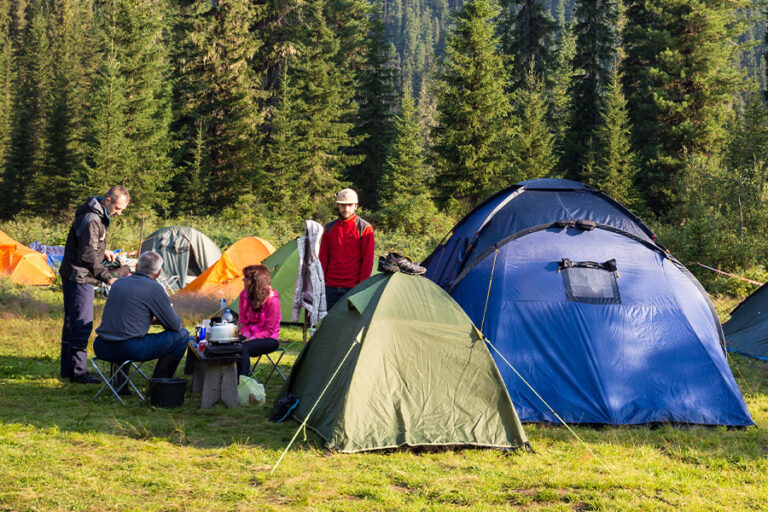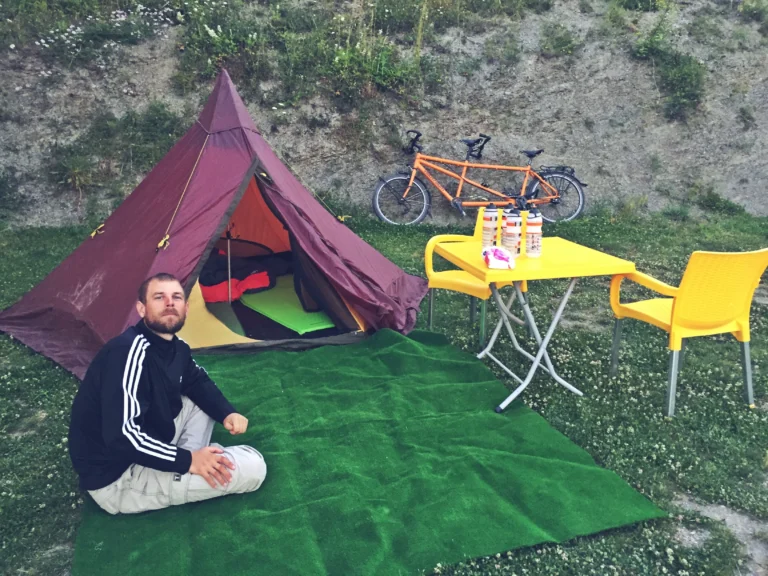Crucial Dos and Don’ts for Conscientious Outdoor Experiences
An unmatched chance to fully experience the peace and splendor of nature is provided by camping. A successful and responsible trip depends on following a few basic guidelines, regardless of whether you are camping in the untamed outback of Australia, the lush rainforests of Palawan, or the volcanic landscapes of Iceland. These “dos and don’ts” are crucial guidelines for safety, environmental preservation, and creating a positive experience for everyone who enjoys the great outdoors, not just for comfort.
The Essential Dos of Camping
- Do Plan Thoroughly and Research Your Destination: Before you even pack your first item, meticulously plan your trip. Research the specific campground or wilderness area. Understand its regulations, permit requirements, fire restrictions, water availability, and potential hazards like wildlife or weather patterns. This includes checking the local weather forecast immediately before your departure and having contingency plans for unexpected changes.
- Do Test All Your Gear at Home: Never embark on a trip with untested equipment. Pitch your tent in your backyard to ensure all poles, stakes, and the rainfly are present and functional. Test your camp stove, check flashlights and headlamps with fresh batteries, and ensure your sleeping bag is appropriate for the expected temperatures. Familiarity with your gear will save time and frustration at the campsite.
- Do Pack Appropriately in Layers: The weather in many natural environments can be highly unpredictable. Dress in layers that you can add or remove as conditions change. Include moisture-wicking base layers, insulating mid-layers, and a waterproof and windproof outer shell. Always pack extra socks and a warm hat, even in seemingly warm climates, as nights can get surprisingly cool.
- Do Bring a Comprehensive First-Aid Kit and Know How to Use It: Accidents can happen. A well-stocked first-aid kit is non-negotiable. It should include supplies for cuts, scrapes, blisters, insect bites, and any personal medications. Familiarize yourself with basic first-aid procedures before you leave.
- Do Carry Ample Water or a Reliable Purification Method: Hydration is paramount. Always bring more water than you think you will need, especially if hiking. If relying on natural water sources, carry a water filter, purification tablets, or a portable purifier. Never assume natural water is safe to drink without treatment.
- Do Store Food Securely: Protect your food from wildlife. Use bear-resistant containers where bears are present, or hang food from a tree branch (away from the trunk and at least 12 feet off the ground and 6 feet from the nearest tree). Even in areas without large predators, securing food prevents rodents and other small animals from getting into your supplies.
- Do Utilize Existing Campsites and Trails: To minimize environmental impact, always travel and camp on durable surfaces. Use established trails and campsites whenever possible. This helps prevent erosion, protects fragile vegetation, and concentrates human impact in areas that are already disturbed.
- Do Dispose of Waste Properly (Pack It In, Pack It Out): This is a cornerstone of responsible outdoor ethics. Absolutely everything you bring into a natural area, including food scraps, wrappers, and hygiene products, must be packed out with you. If no toilets are available, dispose of human waste in catholes dug 6-8 inches deep and at least 200 feet from water sources, trails, and campsites, then cover thoroughly.
- Do Observe Wildlife from a Distance: Admire animals from afar. Never approach, follow, or feed wildlife. Feeding animals can alter their natural behaviors, make them dependent on humans, and expose them to dangers. Store your food and trash securely to avoid attracting them.
- Do Practice Fire Safety (If Fires Are Permitted): Only build a campfire where regulations allow and no fire bans are in effect. Use established fire rings. Keep fires small, use only dead and downed wood that can be broken by hand, and ensure the fire is completely extinguished and cold to the touch before leaving it unattended or going to sleep. Often, a portable camp stove is a safer and more environmentally friendly alternative for cooking.
- Do Be Considerate of Other Campers: Respect the peace and quiet of nature. Keep noise levels down, especially during designated quiet hours. Choose campsites away from others to maintain privacy and solitude.
- Do Inform Someone of Your Itinerary: Before venturing into the wilderness, always leave a detailed itinerary with a trusted friend or family member, including your expected return time. This is critical for your safety in case of an emergency.
The Crucial Don’ts of Camping
- Don’t Forget to Check Regulations and Local Conditions: Never assume you can simply show up and set up camp. Ignoring regulations can lead to fines, environmental damage, and unsafe situations. Always check for fire bans, permit requirements, and restricted areas.
- Don’t Rely Solely on Your Smartphone for Navigation: While useful, phone batteries die, and signals disappear in remote areas. Do not depend solely on your smartphone for navigation. Always carry a physical map and a compass, and know how to use them.
- Don’t Leave Any Trace of Your Presence: This goes beyond just packing out trash. Do not build new fire rings, cut down live trees, dig trenches around your tent, or leave behind any food scraps, even biodegradable ones. The goal is for no one to know you were ever there.
- Don’t Underestimate the Weather or Terrain: Complacency can be dangerous. Never underestimate how quickly weather can change in natural environments, especially in mountainous or coastal regions. Be prepared for sudden shifts in temperature, rain, or wind. Similarly, be aware of the terrain’s difficulty and your own physical limits.
- Don’t Bring Unnecessary Items or Overpack: While it is good to be prepared, overpacking can make your trip cumbersome and less enjoyable, particularly if you are hiking. Prioritize essential gear and avoid bringing items that are heavy, bulky, or unlikely to be used.
- Don’t Disturb the Natural Environment by Taking Souvenirs: Resist the urge to take rocks, plants, historical artifacts, or other natural objects from the site. Leave what you find for others to enjoy and to maintain the ecological balance of the area.
By embracing these fundamental camping dos and don’ts, every outdoor enthusiast can contribute to a safer, more enjoyable, and environmentally conscious camping experience, ensuring that these pristine natural spaces remain vibrant and accessible for generations to come.

